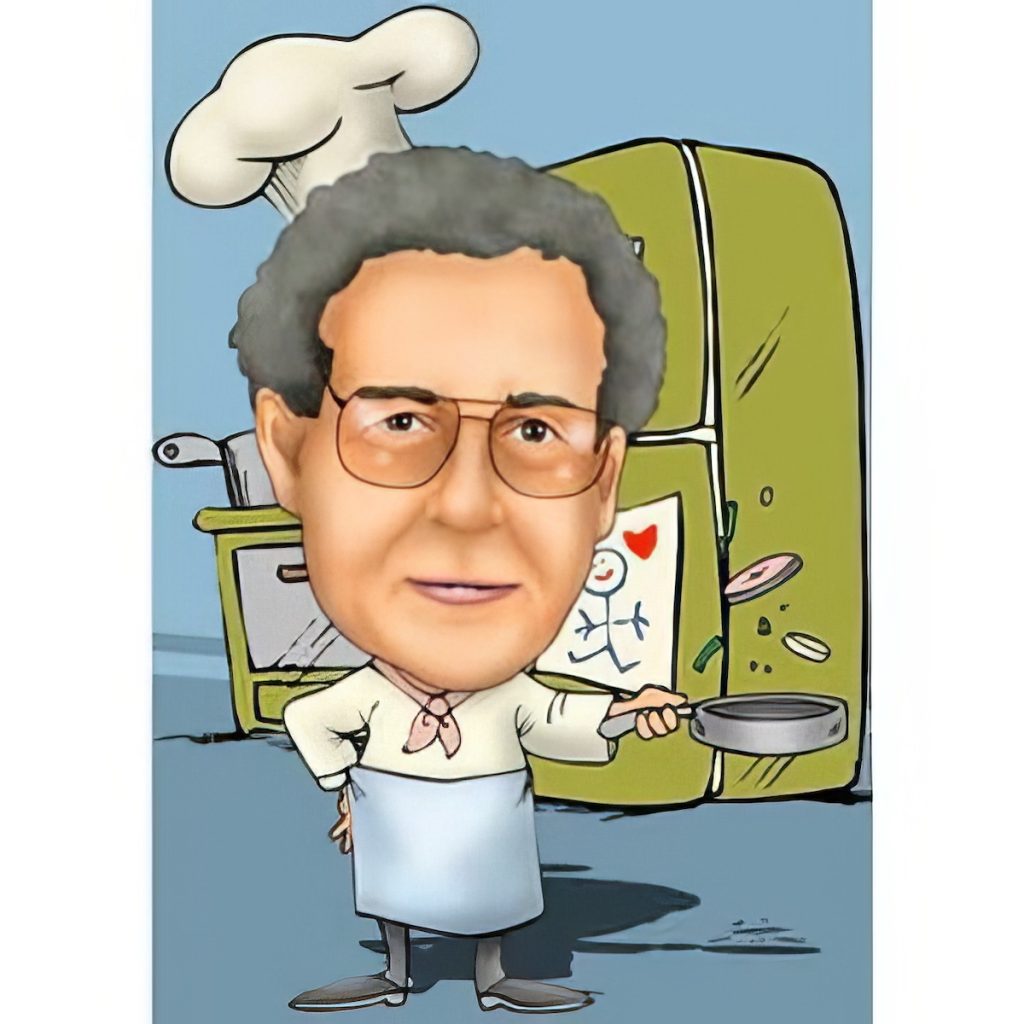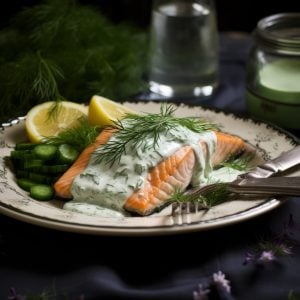Chef Garrett Interview
Chef Terrell Garrett emailed me, eager to join my new Ask A Chef feature. After reading his impressive background, I couldn’t wait to have him on board. What fascinated me most was that becoming a chef was his second career. Before that, he spent 26 years as a hospital administrator and corporate staff manager for a hospital management company in Louisville, Kentucky.
After leaving that career, he dove straight into culinary school. He enrolled in an 18-month program at The International Culinary School at The Art Institute of Houston. Thanks to his lifelong love of cooking, he graduated with honors in just 15 months.
During his third and fourth terms, he completed an externship at The Brownstone, an upscale restaurant. There, he gained valuable firing-line experience over six months.
After earning his Associate Degree in Culinary Arts, Chef Garrett became Garde Manger at The Brownstone. For 2 ½ years, he absorbed everything he could. Then, he moved to the Downtown Executive Inn, which had a much larger kitchen and a massive 3,000-square-foot smokehouse. The Brigade system was well established there, and over the next two years, he worked every line position.
When he realized there were no opportunities for promotion to Sous Chef, the executive chef helped him land a new role. Chef Garrett became the Executive Chef and General Manager at Marathon Oil Company’s headquarters in Houston. He managed a cafeteria serving 1,500 employees daily and an Executive Dining Room feeding 250. His team included 41 staff members, with three chefs and four line cooks.
Later, he returned to Tell City, Indiana, to take on the role of Executive Chef and General Manager at a local country club. Though small, the nine-hole club had a steady restaurant clientele. He worked there for 3 ½ years until a back injury forced him to retire in 2005.
Wow, what a second career! Now you see why I’m so excited to feature Chef Garrett. I can’t wait to ask him questions—and share his answers with you.
Here’s what he said during my Novice to Pro interview.
Did you cook growing up?
Since I was 6 years old, I watched my grandmother while she cooked and bugged her to death with questions, so she started teaching me. I was soon making scratch biscuits, cornbread, and a pot of beans. She was a great cook, very innovative and experimental. She cooked in restaurants and hotels for 40 years and had quite a reputation for great food.
What made you decide to become a Professional Cook?
My wife told me I would not stay home and become a couch potato when I retired from Humana. There was an Arts Institute School 4 blocks from our house so I visited and talked with the fellow running the culinary program. He is a graduate of the New England Culinary Institute and a Master Chef and I liked his continuum.
It was modeled after the NECI program. Although he had only been in business there for six months, he strongly encouraged me to enroll, so I joined his third class. I wound up graduating with the second class primarily because of my previous college and my long-time experience in cooking. While in school, I simply fell in love with the profession.
How were you trained, and what was that like?
The Arts Institute of Houston Culinary Arts program wasn’t at all difficult for me. However, I had fellow students who struggled mightily with the training, especially the Mystery Baskets that were required at the end of each month. I found them great fun, but others sweated with them.
Would you do it again?
Absolutely!! It was a fun experience validating everything I learned about cooking as an avocation.
Best piece of advice for home enthusiasts?
Build a good basic library of cookbooks. I believe they are essential to become a good home cook. (I can provide the list if you are interested.)
Best cooking tip for a novice?
First and foremost, learn good knife skills and obtain a basic set of good knives. You can never be successful without both. Learn what mise en place means and follow its principles faithfully.
What is the most difficult aspect of cooking for you?
I hate to sound cocky but I can’t think of a thing I find difficult about preparing good food.
Do you follow recipes or make it up as you are cooking?
I use recipes to give me ideas and a foundation to build on in creating my own dishes. With the exception of Pacific Rim cuisines I don’t follow recipes.
Favorite cooking technique?
Stir fry. I have a strong interest in Pacific Rim cuisines, especially Vietnamese.
Favorite Gadget?
My Microrasp grater. It’s a wonder in grating, especially citrus zests, nutmegs etc.
Funniest Kitchen incident?
It wasn’t funny at the time, but looking back on it now, we laugh about it. My wife’s boss hired me to cater her employee Christmas party in 1995 and she specifically requested roasted beef tenderloins with a special sauce and marinade.
I set up 2 gas grills and an extra cooker for sides. So I had 3 propane tanks all securely hooked up, (I thought) and had the grills lit to heat up because I was going to flash sear the tenderloins. I went inside to get a drink and enjoy the party for a while, when all of a sudden someone banged on the door and screamed, “You’re setting the building on fire.”
We all rushed out and one of the tank hoses had come loose and was spraying fire everywhere. We quickly kicked the tanks out to the street gutter and got the fire quelled just in time. The cooler in which the tenderloins were marinating had caught on fire and melted in a puddle of plastic and completely burned up the tenderloins.
I lost 2 grills, a turkey frier, 3 tanks, a very good cooler and 12 expensive beef tenderloins. We went quickly to a local grocery with a good deli department and fed everybody. Whew!!!
Favorite food to cook with?
So many, but if I have to pick it would be pork tenderloins with shrimp a close second.
What do you eat at home?
We eat a lot of pork in various guises, soups and I usually have a pot of beans on the stove to heat up, pintos, great northerns, kidney, black, we’re not choosy. I just really like dried beans and cornbread.
Best recipe?
A Vietnamese barbequed pork strips called Shao Bui. It is outstanding and a very versatile dish. It can be used in so many other dishes as the meat ingredient, such as won tons, steamed buns, a soup additive, etc.




